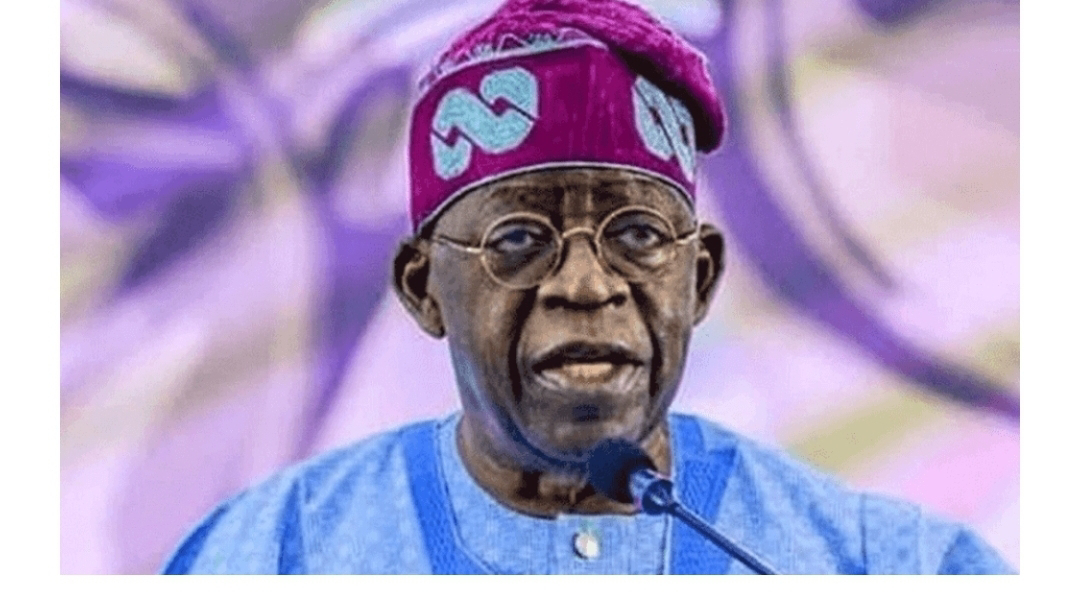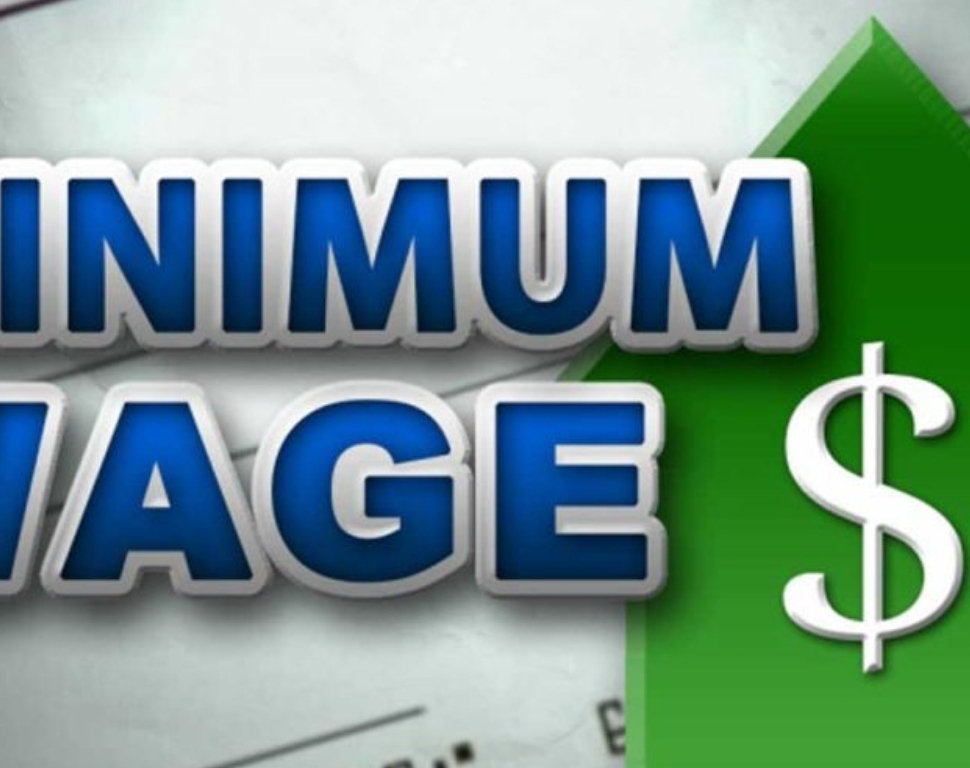Nigeria's Democratic Pathway Under Tinubu: Signs of a Slippery Slope Towards Authoritarianism

As Nigeria navigates the uncertain waters of President Bola Tinubu’s administration, growing concerns among citizens and analysts suggest that the country may be veering dangerously close to authoritarianism. Despite initial hopes for a prosperous future, a series of political and economic decisions have cast a shadow over Nigeria’s democratic landscape. Here are five key indicators that the nation could be on the brink of slipping into dictatorship. 1. Economic Reforms: A Double-Edged Sword President Tinubu’s administration began with a wave of economic reforms aimed at stabilizing Nigeria's faltering economy. The removal of the petrol subsidy, long seen as an unsustainable burden, was lauded by some as a necessary sacrifice. Additionally, the unification of exchange rates was welcomed by foreign investors who saw it as a move towards greater transparency. However, the honeymoon period was short-lived. Public outcry erupted after the rapid approval of a ₦2.17 trillion...





